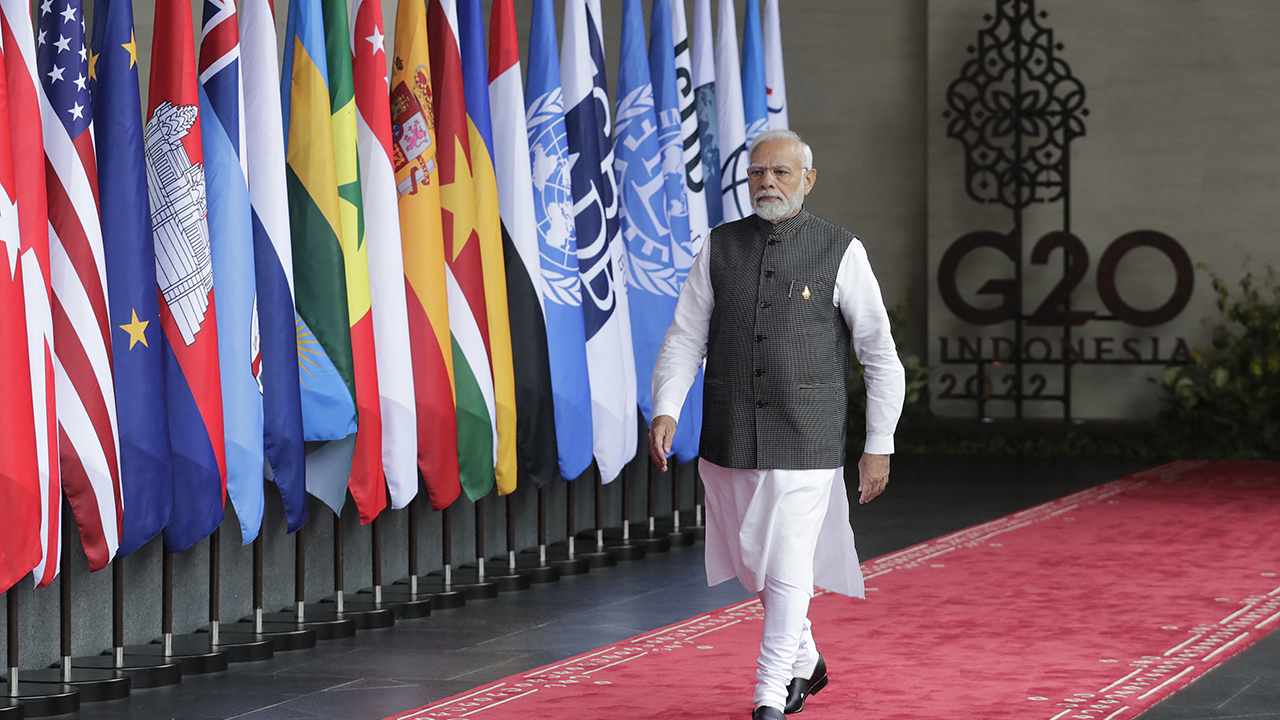
British Divided on Brexit Impact as New Elections Loom
Ahead of the June 8th general election, the British public is split on Brexit’s consequences and unsure of how much to trust their national government.
Ahead of the June 8th general election, the British public is split on Brexit’s consequences and unsure of how much to trust their national government.
The number of refugees entering the United States each month has declined sharply so far in fiscal 2017, falling from 9,945 in October 2016 to 3,316 in April 2017.
People across Europe and in the U.S. and Canada have pervasive concerns about the threat of Islamic extremism in their countries.
Views of the security alliance have grown more positive in North America and Europe, but there are sharp political and partisan differences.
Religion has reasserted itself as an important part of individual and national identity in a region that was once dominated by atheist communist regimes.
While North American Free Trade Agreement enjoys wide support from Canadians and Mexicans, it is viewed less favorably in the United States.
The European Union, Norway and Switzerland received nearly 66,000 asylum applications from unaccompanied minor migrants (those younger than 18 applying without a parent or guardian) in 2016, a decline of nearly 40% from 2015’s record total but still well above the total of prior years, according to a new Pew Research Center analysis of data from Eurostat, the EU’s statistical agency.
Americans’ support for free trade agreements, which fell sharply during the 2016 presidential campaign, has rebounded modestly. The partisan gap in views of trade agreements remains substantial.
Ahead of the first round of the French presidential election, here are five charts outlining the support for the country's populist, far-right National Front.
Nearly four-in-ten Democrats (39%) name Russia as the country that represents the greatest danger to the United States – the highest percentage expressing this view in nearly three decades.
Across 12 countries, a median of 40% of adults say they have no confidence in Indian Prime Minister Narendra Modi to do the right thing regarding world affairs. About eight-in-ten Indians have a favorable view of Modi.
Majorities in most countries say China does not take into account the interests of other countries in its foreign policy, and China does not contribute to global peace and stability.
Across 24 countries, large shares have an unfavorable view of Russia and no confidence in Putin to do the right thing regarding world affairs.
Overwhelmingly, people believe the U.S. interferes in the affairs of other countries, but most also believe the U.S. contributes to peace and stability around the world. U.S. President Joe Biden receives mostly positive reviews.












